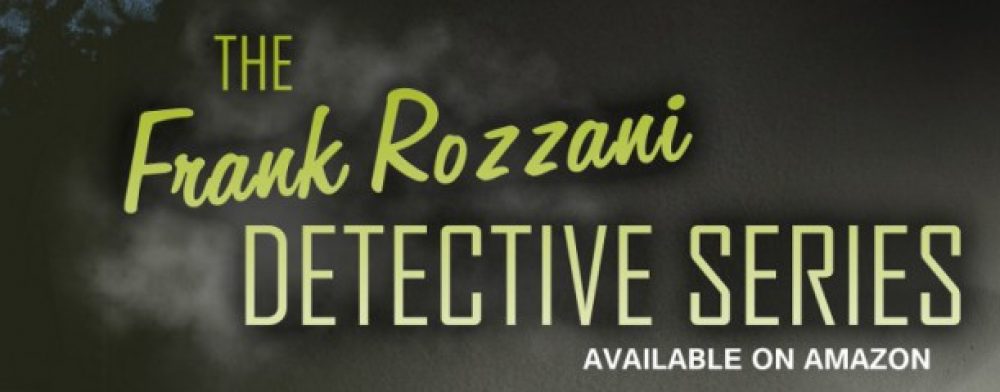 This week I was pulled into a discussion on Facebook about ghost-writing.
This week I was pulled into a discussion on Facebook about ghost-writing.
It began when novelist Matt Haig wrote an impassioned opinion in which he lamented the number of books whose true authors were not acknowledged, which kicked off a wide-ranging and emotional debate. One commenter introduced the term ethics and asked me to talk about ghost-writing from that perspective. As that’s far too long and gnarly for a Facebook comment, I thought I’d explore it in a post. Here goes.
What ethical considerations might there be? Looking through the discussion, they seemed to be:
- Is it dishonest to pretend that anybody could write a book?
- Does ghost-writing devalue the contribution of real writers, or appreciation of their skill, especially when so many genuine writers struggle to get published?
I’m going to tackle this in a roundabout way, and first, I think we have to be practical.
Writing is like…
View original post 1,302 more words

The author makes a good point. My only problem is when the client asks me to outright fabricate lies on his behalf.
LikeLiked by 1 person
Very true. I couldn’t do that in good faith. My only experience was to take someone’s writing who spoke English as a second language and put their book into American English. More of an editing job than ghost writing.
LikeLiked by 1 person
I’ve done a lot of ghost writing in the past ten years. That’s how I started out. There are a lot of people out there with great ideas who just lack the wordsmith skills. Unfortunately there are also a lot of people out there in positions of authority who have neither the writing skills nor good ideas, or so I’ve learned. I tell my husband all the time never to believe anything he sees on the Internet. Freelancers writer a lot of the articles experts claim to write with no input from them aside from the title of the article. So much for their expert advice…
LikeLiked by 1 person
Thanks for your perspective. This is always something I’ve considered to supplement my writing career. I’m still on the fence.
LikeLiked by 1 person
I don’t blame you. Consider carefully before you dive in.
LikeLiked by 1 person
Good post, Don. Thanks for reblogging. As you can read by my comment, I differed on one point with the author. —- Suzanne
LikeLiked by 1 person
I’m still on the fence. It’s hard to make it on your own and ghost writing might be a good way to supplement your income. I could not, however, ghost write for someone with views that were racist or in opposition to my own.
LikeLiked by 1 person
I can totally see your point on that. You’d be spending a lot of work time with the person. It would be extremely difficult if their views were conflicting with yours. —- Suzanne
LikeLiked by 1 person